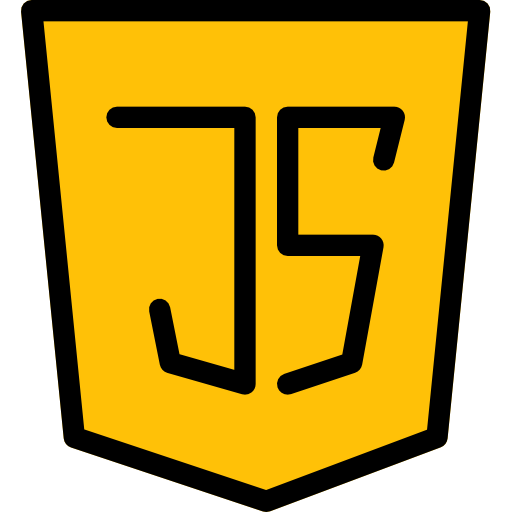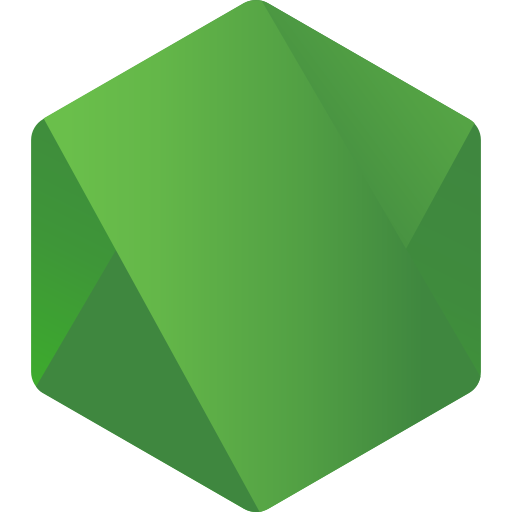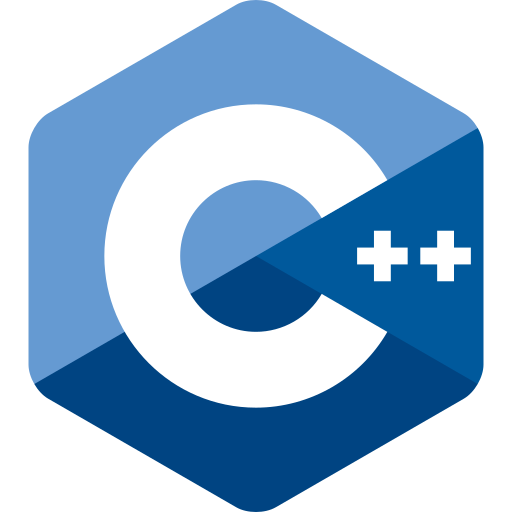
Durations: 40 hours
Lectures: 98
Students: Max 5
Level: All Levels
Language: English
Certificate: Yes
Node JS Training Course
A Node JS training course is designed to teach students how to build modern, dynamic web applications using the Node JS library. The course may cover topics such as:
Download PDF
What Will I Learn?
-
Setting up a development environment for Node JS

-
Creating Node components and understanding the component lifecycle

-
Working With Node Package Manager

-
Handling Buffers & Streams

-
Working With Express Framework

-
Making API calls and integrating Callbacks

Course Schedule
-
3 - Months Program

-
5 Sessions a Week

-
1 Hour for Each Session

-
The Next Session Begins Every Monday

ENROLL NOW
Access this course now
Material Includes
-
Certificate of Completion

-
Access on Mobile & Laptop

-
Notes

Audience
-
Aspiring Web Developers

-
Back End Web Developers

-
Interest in Full Stack

-
Anyone Interested in JavaScript Frameworks

Course Content
Introduction To HTML
HTML Document & Page Structure
HTML Headings
Paragraph
HTML Formatting Tags
Attributes - Href, Src, Width, Height, Alt, Title
HTML Links
HTML Images
Line Break
Horizontal Rule
HTML Favicon
Style Attribute
Background Color
Text Color, Fonts & Text Size
Text Alignment
Table
HTML List
Ordered List & Unordered List
Div
HTML Forms & Elements
Text Field & Label Elements
Submit Button
Check Box & Radio Buttons
Drop Down
File Upload
CSS - Introduction & Syntax
CSS Selectors, ID & Class
CSS Styling - Inline CSS
CSS Styling - Internal CSS/External CSS
Styling Text Styling Fonts
Styling Text Alignments
Styling Links Styling Lists
CSS Border
CSS Outline
CSS Margin & Padding Styling Tables
CSS Positioning - Static, Relative, Fixed
CSS Floating CSS Directions
CSS Align
CSS Navigation Bar
CSS Image Gallery
CSS Rounded Corners
CSS Border Images
Background Image
Full-Size Background Image
Multiple Background
Gradients
Multiple - Rainbow Color Gradient
CSS Animation
CSS Pagination
Variables
All Operators
Datatypes
Functions
Objects
Strings
Methods
Arrays Methods
Sorting
Events
If Else, For Loop, While Loop, Switch Case, Break & Continue Statements
Arrow Functions, Strict Mode
Classes, Models, Objects
JS DOM (Document Object Model)
AJAX XML HTTP
jQuery
What Is Node.js
Features Of Node.js
Concept
Where To Fit & Not Fit
Event-Driven Programming Style
What Is Asynchronous
Local Environment Setup
Node.js runtime
Node.js Runtime
Download Source Code
Installation On OS
Verify
Install Module By NPM
Node.js runtime
Global Vs Local Setup
Update Module
CRUD Module
What Is Express
Node.js runtime
Setup Express
Request & Response
Handling Routes
Route Middleware
Objects
Cookies Management
File Upload
HTTP Methods
What Is CORS & It’s Function
What Are Buffers & Streams
Node.js runtime
The Benefit Of Streams Over Buffers
Create / Write / Read Operations On Buffers
Process On Buffers
Read / Write Data By Streams
Pipeline
Chaining Stream
RESTful Architecture
Node.js runtime
HTTP URI & Methods
RESTful Web Services
Expose Solution As API
Best Practice For REST API Solution
What Is Callback
Node.js runtime
Benefit Of Callback
Asynchronous Communications
Block & Non-Blocking
Standard Callback Pattern
Async Flow Control Library
Executing In Parallel
What Is Events & It's Types
Node.js runtime
Event Emitter API
Multiple Event Listeners
Event Emitter Pattern
Class Methods & Event Loop
Blocking Event Loop
Escaping Event Loop
Introduction Of MySQL
Node.js runtime
Connect With MySQL
Introduction Of MongoDB
Connect With MongoDB
Defining a Schema
Defining a Model
What Is The Processes
Node.js runtime
Spawning Child Process
Create & Kill Processes
Building With HTTP Severs
HTTP Requests
Secure HTTP Server
Using Test Runner
Using Assertion Testing Module
Built-in Debugger
Console Log
Node Inspector
Node.js Training Course Overview
Node.js is a powerful open-source server-side platform that allows developers to build fast, scalable, and high-performance applications using JavaScript. If you're looking to learn Node.js, there are several training courses available online that can help you get started.
Here's a brief overview of what you can expect to learn in a typical Node.js training course:
Introduction to Node.js: The course will start with an introduction to Node.js, including its history, architecture, and advantages over other server-side technologies.
Node.js fundamentals: You'll learn the basics of Node.js, including how to set up and install it, working with the Node.js file system, using modules and packages, and handling events.
Asynchronous programming: Node.js is known for its ability to handle asynchronous programming effectively. You'll learn how to use callbacks, promises, and async/await to write asynchronous code in Node.js.
Web development with Node.js: You'll learn how to use Node.js to build web applications and APIs, including how to work with popular web frameworks such as Express.js.
Working with databases: You'll learn how to use Node.js to connect to and interact with databases such as MongoDB and MySQL.
Testing and debugging: You'll learn how to test and debug your Node.js applications using popular testing frameworks such as Mocha and Chai.
Deployment and hosting: Finally, you'll learn how to deploy your Node.js application to a production environment and host it on a server.
Overall, a good Node.js training course should provide you with the knowledge and skills you need to build fast, scalable, and high-performance applications using Node.js.
Read More
What is Node.js ?
Node.js is a powerful open-source server-side platform that allows developers to build fast, scalable, and high-performance applications using JavaScript. It was created by Ryan Dahl in 2009 and is built on top of Google's V8 JavaScript engine, which is the same engine that powers Google Chrome.
Node.js allows developers to write server-side code using JavaScript, which is a popular language for front-end web development. This means that developers can use a single language (JavaScript) to build both the client-side and server-side components of their web applications, which can make development faster and more efficient.
Node.js is known for its ability to handle asynchronous programming effectively, which allows it to handle large amounts of data and multiple requests simultaneously without blocking the main thread. This makes Node.js well-suited for building real-time web applications such as chat applications, online games, and streaming platforms.
Overall, Node.js is a versatile platform that allows developers to build fast, scalable, and high-performance applications using JavaScript. It has a large and active community of developers and is widely used by companies of all sizes, from small startups to large enterprises.
Read More
Career Growth & Demand of Node.js Developers in India
Node.js is a popular technology in the web development industry and is widely used by companies of all sizes across the world. In India, there is a high demand for Node.js developers, and this demand is expected to grow in the coming years.
Some factors contributing to the demand for Node.js developers in India include:
Increased adoption of JavaScript: JavaScript is a popular programming language for front-end web development, and its adoption has been increasing in recent years. Node.js allows developers to use the same language for both front-end and back-end development, making it a popular choice for web development projects.
Growth in e-commerce and online businesses: With the growth of e-commerce and online businesses in India, there is a high demand for web developers who can build scalable and reliable web applications. Node.js is well-suited for building such applications, which has contributed to the demand for Node.js developers.
Real-time web applications: Real-time web applications such as chat applications, online gaming platforms, and streaming platforms are becoming increasingly popular. Node.js is well-suited for building such applications, which has led to an increase in demand for Node.js developers.
Growing startup ecosystem: India has a thriving startup ecosystem, and many startups are using Node.js to build their web applications due to its speed, scalability, and ease of use.
In terms of career growth, Node.js developers can expect to earn competitive salaries and have a range of career paths available to them, including becoming a full-stack developer, front-end developer, back-end developer, or even a technical lead. Additionally, Node.js developers can also specialize in areas such as microservices, real-time applications, and API development.
Overall, the demand for Node.js developers in India is high and is expected to grow in the coming years, making it a promising career option for aspiring developers.
Read More



















